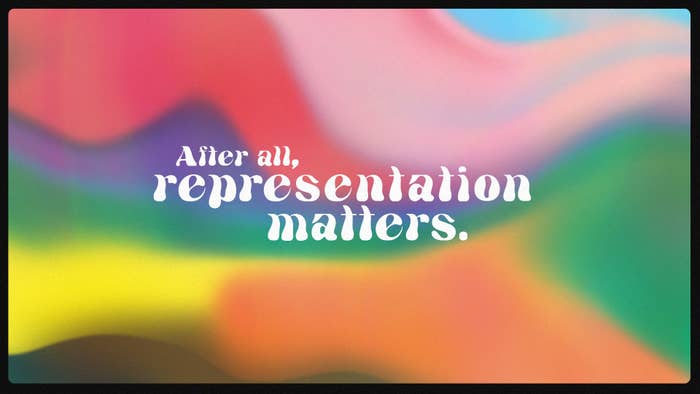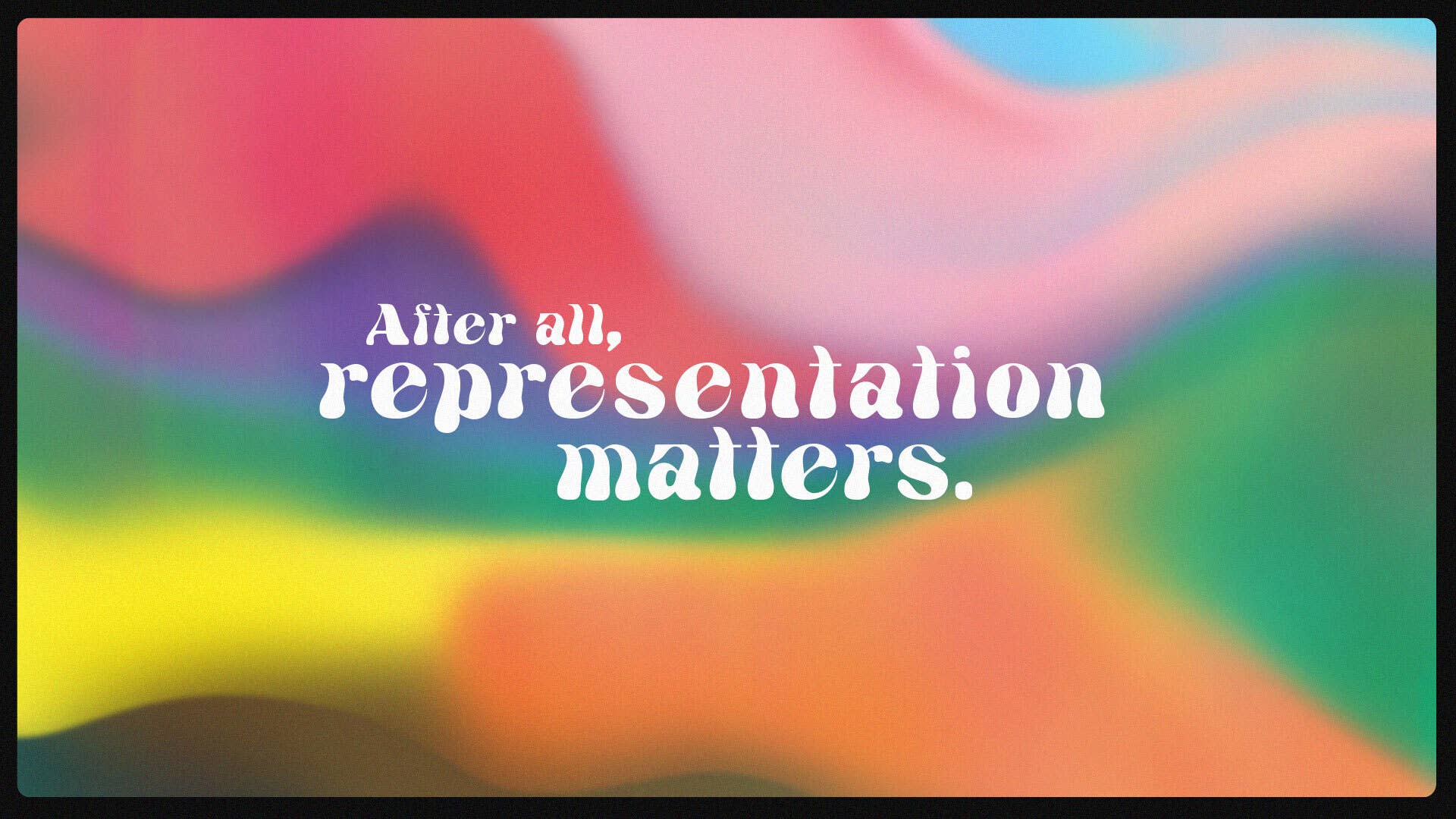
There’s something about the year 1995 that feels recent and ancient. It wasn’t long ago, and yet, so much about the world and how we operate within it has changed. I was six years old, I had rainbow-hued glasses, a high-pitched tenor that soared octaves above my peers, and for the first (but far from the last) was called a faggot on the playground.
I didn’t know what a faggot was, much less if I was one, I just knew that the biting delivery carried venom and I, in what would become instinct, retreated. Where I went in that moment — not physically, but mentally — was a place I would come to understand decades later. I wish I’d found the key out of that place sooner. I wish I’d never been forced into that place.
If it sounds sad, that’s because it was. This, however, is not a sad story. It’s a common story about queerness and what I’ve found in my twenty plus years since that encounter: Perhaps this was a common story, I can’t say for certain. What I do know is that there’s an odd comfort that begins to grow in discovering the connectivity of a shared aloneness. If only I’d knew then what I know now. But at what cost? Would I be who I’ve grown to become? “Never be bullied into silence,” playwright Harvey Fierstein once said. “Never allow yourself to be made a victim. Accept no one’s definition of your life; define yourself.”
What I do know is that there’s an odd comfort that begins to grow in discovering the connectivity of a shared aloneness.
That’s the thing, people will spend a great amount of time telling you who and what you are. It’s always easy, in retrospect, to see people for who they really are and their ill-intent, but without varied perspectives it can become easy, if not the default, to believe what you are told.
It’s easy, as hindsight often is, to look back and ignore. I say confront. Unfortunately, the taunts and teasing will be relentless. They’ll chase you home some days, prank call your home phone and even — and I don’t love this part — resort to physical violence at times. It’s not great. That’s life. What you can control is the way you internalize their message. It’s easy to synonymize “gay” with “bad” when your formative experiences are wrapped up in experiences like the above. I ask you to unpack that young and rapidly developing brain more hastily. He’s going to hate you for being yourself. There’s nothing you can do about that, but you don’t have to hate you. The hate won’t provide any escape from that place in your head.
It’s a different world now, filled with Ariana DeBose’s and Elliot Page’s and Saucy Santana’s and JoJo Siwa’s and Heartstopper’s and Fire Island’s and Pete Buttigieg’s and Danica Roem’s. The fight continues (it might always continue) but, on the whole, there’s less grafting our experiences and more witnessing. That’s a net positive. After all, representations matters. It’s science. Queer is still under attack on the daily, but there’s also resources and access to community that didn’t 25 years ago.
It’s easy to look and tell your young self to be gentler or be kinder. If there were a gay Hallmark, there would certainly be an aisle dedicated to cards with such platitudes. But I want more for you. I want you to challenge a belief system foisted upon you that made you question a part of yourself still being untangled. Those glasses are sickening. That voice will allow you to hit every note on the Wicked soundtrack. That fag deserves love and respect.
“It’s easy, as hindsight often is, to look back and ignore. I say confront.”
In spite of this effort that I will be holding you accountable for, that place in your head won’t cease to exist. There will be many times you’ll slip back into that empty place, searching for some kind of gravity or sense of protection. And you’ll find it there, albeit temporarily. Avoid that place, for it will serve no purpose other than to stagnate you.
The thing about being called a faggot on the playground at six years old is that you’re being offered a truth about yourself before you’re ready to intake it, and you’re being offered it with great hostility. It’s telling you, before you know you are the thing, that to be the thing is bad or wrong or invalid. We don’t need to rid any part of ourselves just to be whole. Do this important, difficult, but rewarding work as soon as possible.
I wish I could close off that dark room in our mind that we, even today, still go to. I wish there was a way to cement its interior and block it off entirely. But that’s life, eh? We fall. We get up. I wish I could soften the fall. I can’t. But when you get up, every time, do it with conviction. Move forward with haste.

